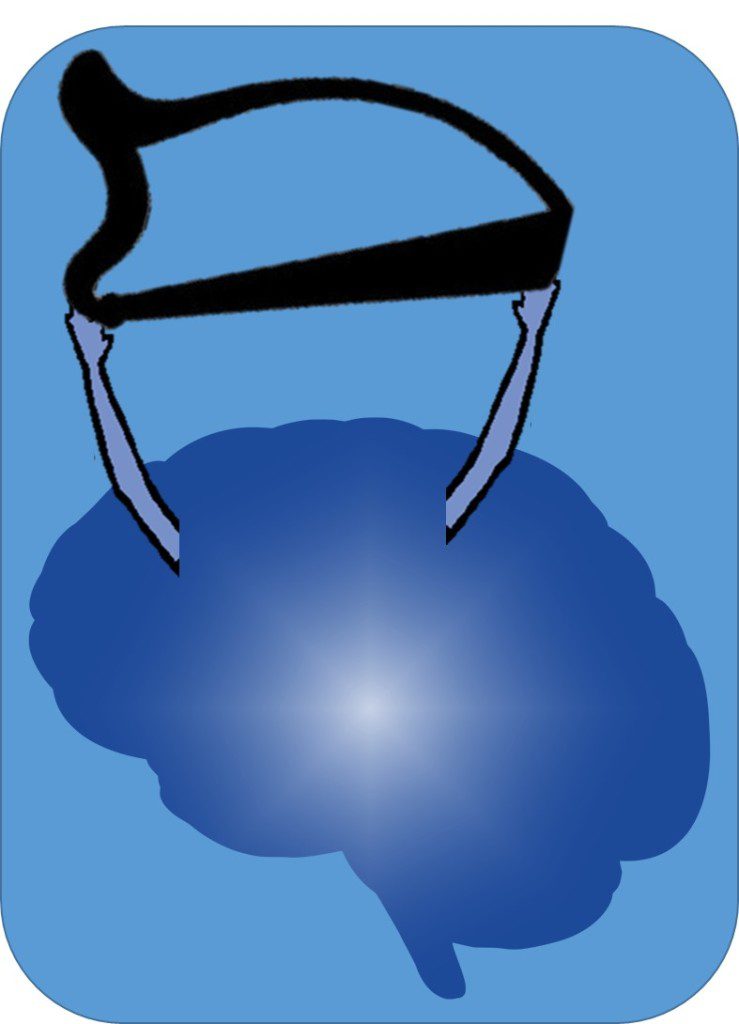We have been very fortunate all month to have Sue Richards generating guest blog content. As we approach the end of February, we have some closing thoughts from her. She has shared some excellent thoughts about practicing and preparing tunes for performance. We have learned the importance of patience and of choreographing our fingering. The last bit she has to share with us is the importance of thinking! She tells us,
“Brain focus. The hardest thing to teach to harpers is to think ahead to where you need to be in the next measure. You don’t need to watch your hands play because you are playing by feel, right? Think ahead! Don’t think about the audience unless you are playing something slow and have the time. In reels, you have to think only about the tune. If there are jumps in the tune, spot them with your eyes until your hand gets there.”
 Your brain is working for you, doing the heavy lifting while you shine! But you have to support it. Not only while you’re performing as Sue said above, but also each day as you practice and prepare. She has a very do-able method to help her practicing,
Your brain is working for you, doing the heavy lifting while you shine! But you have to support it. Not only while you’re performing as Sue said above, but also each day as you practice and prepare. She has a very do-able method to help her practicing,
“So I keep a book with every page listing the ten or so tunes I am working on for that month. They come and go, and sometimes come back. I think I’ll get some star stickers for the ones that graduate. It feels like a big accomplishment that only I know about, and am very proud of. It is good.”
Now that you know some of the ways that a Harp Hero makes it looks so easy – you can add some to your own toolkit. Give your brain and your fingers a boost in practice and on stage – and you don’t even have to wait for March!



